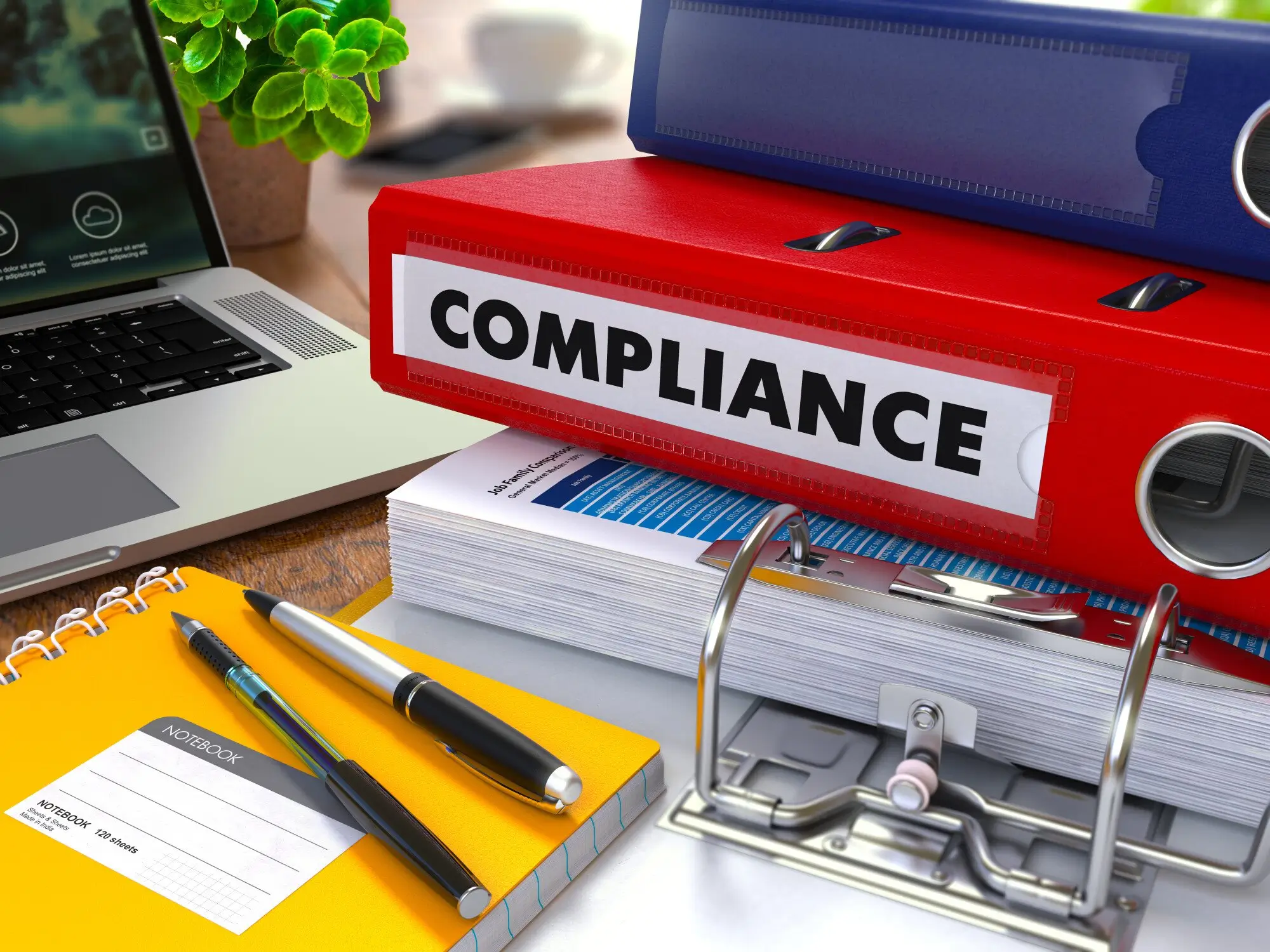How often do you encounter late rent payments, unapproved modifications, or tenants neglecting their lease obligations? Lease enforcement is one of the most critical aspects of managing commercial properties, especially in a growing market like Jacksonville, FL. A well-structured lease is only as effective as the strategies used to enforce it.
In this guide, we'll explore commercial lease management practices and lease compliance strategies that every property manager should know.
The Importance of Lease Compliance in Commercial Properties
Lease compliance is the foundation of successful commercial lease management. When tenants adhere to their lease agreements, property managers can maintain property standards and avoid costly disputes.
Reasons to Prioritize Lease Compliance
- Protect Financial Stability
- Maintain Property Value
- Minimize Legal Disputes
Best Practices for Commercial Lease Management
Effective commercial lease management begins with clear communication and proactive strategies to ensure both parties understand and uphold their responsibilities.
Create Clear Lease Agreements
A well-drafted lease is the cornerstone of best lease practices. It should include:
- Specific rent amounts and due dates
- Maintenance responsibilities for the landlord and tenant
- Permitted and prohibited uses of the property
- Penalties for non-compliance or late payments
Conduct Regular Property Inspections
Regular inspections allow you to verify that tenants are following lease terms and keeping the property in good condition. Schedule inspections quarterly or bi-annually and provide tenants with adequate notice in compliance with local laws.
Communicate Proactively
Open lines of communication can prevent many lease violations before they occur. Keep tenants informed of updates and any potential policy changes to avoid misunderstandings.
Lease Compliance Strategies to Avoid Disputes
Implementing effective lease compliance strategies can minimize violations and encourage tenant cooperation.
Educate Tenants on Lease Terms
When tenants sign their lease, ensure they fully understand its contents, including:
- Payment deadlines and accepted methods of payment
- Maintenance expectations and reporting requirements for repairs
- Rules for alterations or improvements to the property
Use Rent Enforcement Guidelines
Late payments can disrupt cash flow and lead to financial strain. To enforce rent payments:
- Set clear late payment policies
- Automate reminders
- Take action promptly
Leverage Professional Mediation
For more complex disputes, consider involving a neutral third party to mediate and resolve disagreements efficiently without escalating to legal action.
Property Management Tips for Lease Enforcement
Managing lease compliance requires a balance of professionalism and responsiveness. Here are some actionable property management tips to improve your lease enforcement efforts:
Stay Organized
Use property management software to track rent payments and tenant communications. Keeping detailed records ensures you're prepared in case of disputes.
Know Local Laws
Understanding Jacksonville's commercial property laws is essential to avoid compliance mistakes. Familiarize yourself with tenant rights and landlord obligations under Florida law.
Document Everything
Maintain detailed records of all communications and enforcement actions. This documentation will be invaluable in case of disputes or legal proceedings.
Partner With PMI Jacksonville
Effective lease enforcement and compliance strategies require expertise, time, and resources. At PMI Jacksonville, we specialize in helping property owners maximize profitability while ensuring their investments are protected.
To discover more about how PMI Jacksonville can support your commercial property management needs, call 904.330.4475, or reach out to us on our website.


